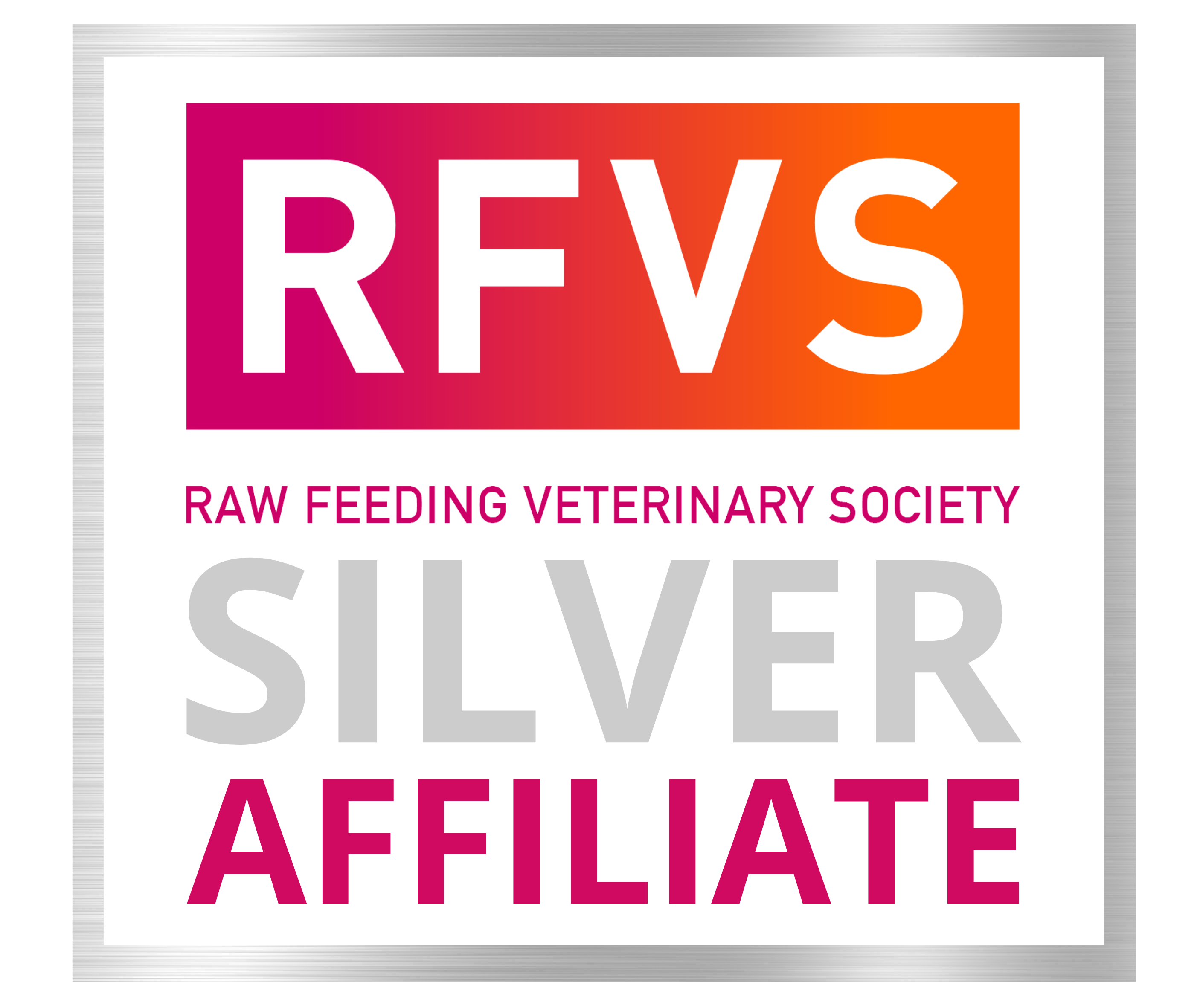Natural Flea Control
Natural Flea & Worm Control
At Raw Essentials, we support clients who wish to reduce the use of chemicals in their pet’s lives and explore alternative approaches to parasite control. While conventional flea and worm treatments play an important role when needed, they may not be necessary for every pet at every interval. Where appropriate, we support monitoring and a considered, individualised approach with more targeted use of treatments.
FLEAS
DIET & MONITOR
Get the diet right
- Fleas are less attracted to healthy pets. A well-planned, species-appropriate raw diet supports skin and coat health and may reduce flea burden.
- Be mindful of supplements: Some contain inappropriate ingredients (e.g. yeasts, preservatives, additives, or trigger foods) that may contribute to skin irritation.
Monitor for fleas regularly
- Flea combing: Check the coat and comb carefully for fleas and flea dirt.
- White paper flea dirt test: A quick, easy, and free way to check for evidence of fleas. Wet a piece of white paper and place it near your pet. Rub their coat vigorously so that any debris falls onto the paper. Alternatively, stand your pet on a clean surface and dab any black specks with a damp paper towel. If the area around the black specks turns red (due to digested blood), it’s flea faeces—even if you don’t see actual fleas. If the speck area remains black, it's likely just garden dirt. If fleas are confirmed, conventional treatment will likely be necessary. Please consult your vet. We stock Advantage flea treatment. Plain Revolution is another option. See our Environmental Factors information, which suggests some caution with isoxazolone treatments.
NATURAL REPELLANTS & ENVIRONMENTAL CONTROL
- Shampoo: Bathe dogs using a natural shampoo enhanced with flea-repelling oils (e.g. Neem soap bar). Cats are generally not amenable to bathing and are more sensitive to shampoos and soaps.
- Flea oils: Natural flea repellent oils may be used on dogs (applied and combed through coat). Not suitable for cats, who may ingest them while grooming.
- Vacuuming: Daily vacuuming during flea season can significantly reduce environmental flea load. Always empty the vacuum afterwards. Wash all pet bedding weekly in hot water.
- Wash all bedding weekly in hot water.
- Diatomaceous Earth: May assist with environmental flea control. Use with caution to avoid inhalation by pets or people. See www.denz.co.nz for more information.
WORMS
A healthy raw-fed pet may have a lower risk of significant worm burden, especially when fed frozen, inspected, species-appropriate food. However, exposure to parasites in the environment is still possible, so regular monitoring remains important.
Options for Management
Faecal Egg Counts (FEC): Where available, these offer a helpful, non-invasive way to assess whether worming is necessary—reducing unnecessary treatments. Often more practical for dogs than cats. Please consult with your primary vet to arrange testing.
Diet matters: A healthy gut is less prone to harbouring a significant worm burden. Pets that hunt wild prey or scavenge outdoors are more likely to ingest live parasites. Our raw food is frozen to reduce this risk.
Judicious worming: When a parasite burden is confirmed or suspected, worming is appropriate. We support a targeted, individualised approach rather than routine chemical worming on a fixed schedule. If conventional treatment is required, please consult your vet. We stock Drontal worming tablets.
Did You Know?
Some researchers believe that a small number of parasites—especially certain worms—may actually play a role in a healthy gut ecosystem. These organisms have co-evolved with mammals and might help regulate the immune system and support microbial balance.
While the science is still emerging, there’s growing interest in whether frequent or routine deworming (sometimes referred to as "overworming") could disrupt this balance and be linked to conditions like allergies or inflammation.
So, what's the takeaway?
Every pet is different. That’s why we support regular monitoring—like faecal egg counts—and a more tailored, less-is-more approach to worming when possible.
In Summary
A healthy pet, fed a species-appropriate diet and in great gut health, may be less susceptible to external and internal parasites.
Regular monitoring and environmental management can help reduce the need for chemicals.
When treatment is needed, we recommend veterinary guidance to ensure safety and effectiveness.
We stock Advantage flea treatments and Drontal worming tablets if conventional treatment is required.
We’re here to help guide you toward a more natural approach that balances safety, efficacy, and overall wellbeing.
